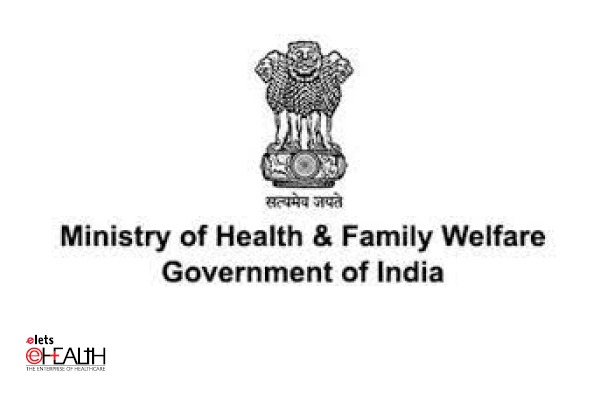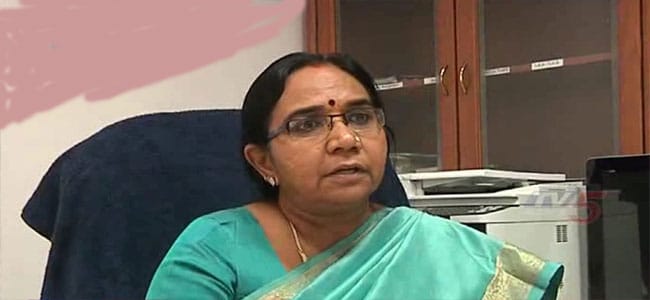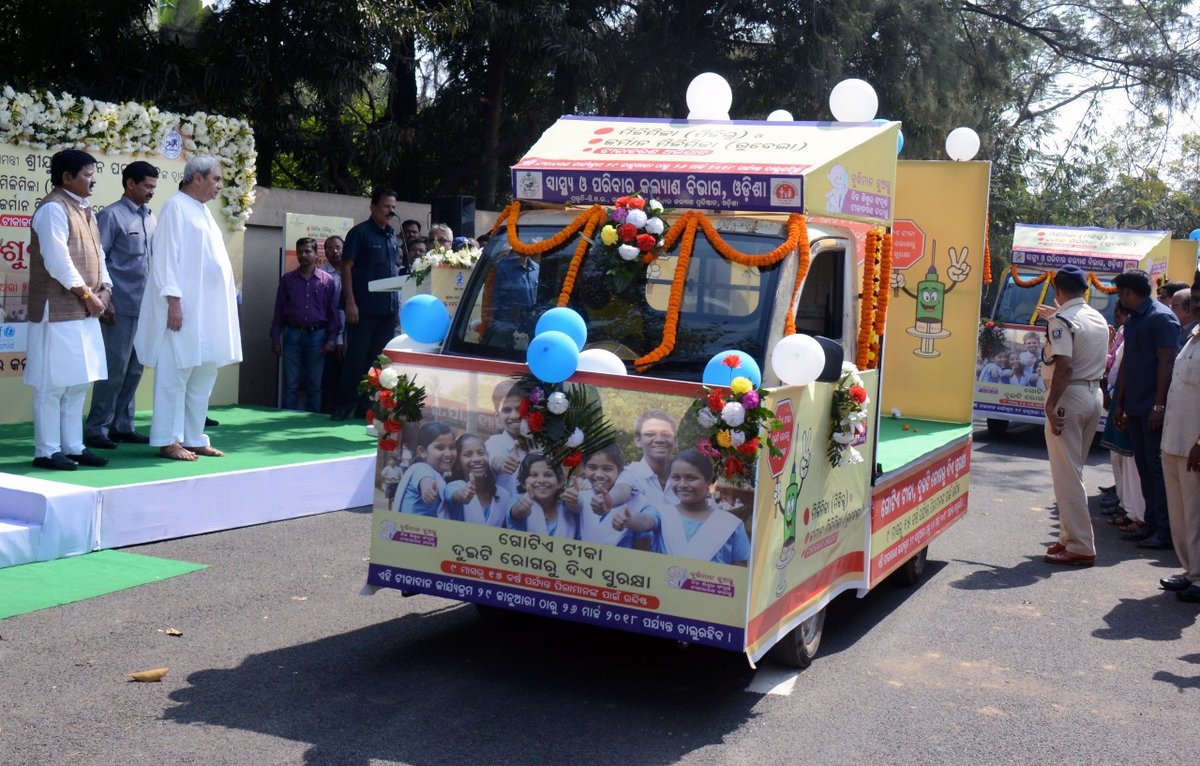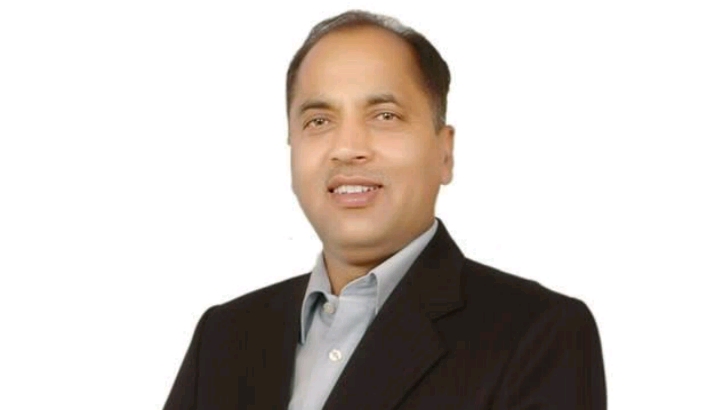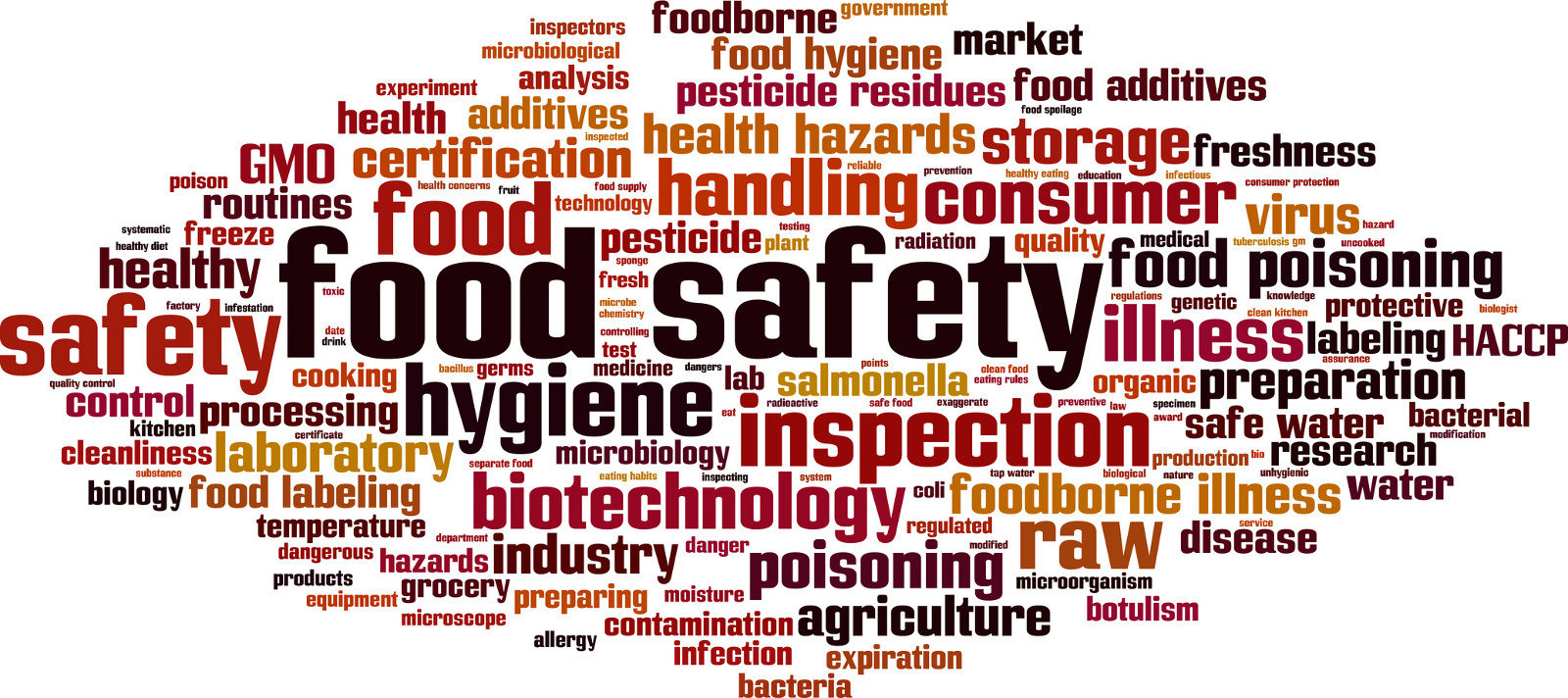
![]()
Despite effective, evidence-based tobacco control policies, reduction in smoking prence in developed countries has started to slow down and smoking continues to increase in many low-and middle income countries. This disturbing trend has sparked interest among public health experts to propose innovative and even dramatic endgame strategies to address the global tobacco epidemic.

With India implementing a ban on Gutkha in 33 states and Union Territories, countries like New Zealand, Finland and Norway proposing to become tobacco-free within next three decades and Singapore and Tasmania proposing tobacco-free future generations by restricting sale of tobacco products to individuals born after the year 2000, an initiative towards an endgame for tobacco is springing in different regions of the world. With the World Health Assembly adopting a target of 30% relative reduction in tobacco use prence by 2025, the global narrative on tobacco control is increasingly exploring the concept of tobacco endgame, which envisions reducing tobacco prence and availability to minimal levels.
While the global discourse on tobacco control so far has mostly emphasized demand reduction measures, the need to curb this industry driven epidemic becomes even more urgent in the context of sustainable development. Since tobacco also degrades the environment in many ways and contributes to food and water security, actions to reduce the production and marketing of tobacco must also now be vigorously pursued alongside effective implementation of demand reduction measures.
With support from the Ministry of Health and Family Welfare (MoHFW)and World Health Organization, Public Health Foundation of India (PHFI) and HRDIAY is organizing the International Conference on Public Health Priorities in the 21st Century: The Endgame for Tobacco from 10th – 12th September, 2013 at Taj Palace Hotel, New Delhi, at which nearly 500 participants from over 50 countries will come together to deliberate and present actionable strategies to fight the global tobacco epidemic.

Introducing the Conference, Shri. C. K Mishra, Additional Secretary, MoHFW said, India has been committed to strengthen its national tobacco control efforts as well as to contribute to advancing tobacco control, globally. India played a leading role during the negotiations of the WHO Framework Convention on Tobacco Control and has been striving to introduce measures for implementing and moving beyond the Treaty. The nation-wide ban on gutkha is one such step. We are happy to host Governments, tobacco control experts, multi-disciplinary advocates, human rights activists, policymakers and health professionals from across the world in India and deliberate on methods to collaboratively fight the tobacco epidemic. It is only through the collective resolve of Governments, world leaders, development partners and civil society that we can save lives, protect and preserve the health of future generations from the harmful effects of tobacco use. The campaign has to go on till we are able to achieve the desired results. The Ministry of Health and Family Welfare, Government of India also announced former Indian cricket team captain Rahul Dravid as the brand ambassador for its National Tobacco Control Campaign.
The WHO Framework Convention on Tobacco Control (WHO FCTC) demonstrates the world’s commitment to decisive action against the global tobacco epidemic. It is one of the most widely embraced treaties in the history of the United Nations and provides Member States with a powerful tool for saving many lives through tobacco control and noncommunicable disease prevention. The Government of India has taken a lead in implementing the WHO FCTC and we remain committed to supporting the government in its endeavours, said Dr. Nata Menabde, WHO Country Representative for India.
Honble Union Minister for Health and Family Welfare, Government of India, Shri Ghulam Nabi Azad and Dr. Margaret Chan, Director General, World Health Organization (WHO) will inaugurate the Conference at 9:30 a.m. on September 11, 2013. Other dignitaries participating in the Conference include Smt. Krishna Tirath, Honble Minister of State for Women and Child Development, Government of India and Dr. Fenton Ferguson, the Honble Health Minister of Jamaica. The Conference will also celebrate the completion of a decade of the WHO Framework Convention on Tobacco Control (FCTC) “ the worlds first public health treaty and Indias tobacco control law “ Cigarettes and Other Tobacco Products Act (COTPA). The Conference will also see the launch of a global, youth-led movement No More Tobacco in the 21st Century.
Dr. Judith Mackay, Senior Advisor, World Lung Foundation who is a global leader of the tobacco control movement and was Advisor to WHO during the FCTC negotiations, is also attending the Conference as a Key Speaker. She said, every historical achievement was preceded by many people saying it couldnt be done, wouldnt work, or would create new problems. An end-game scenario is a very recent idea (with less than 5 countries in the world having announced a target date) so this conference is particularly timely. Let us hope the meeting will encourage all attending countries to announce an end-game date, and come forth with some innovative ideas as to how to reach the target.
This Conference provides an opportunity for experts to deliberate, discuss, debate and agree on an Endgame vision, definition and endgame strategies. Multiple sessions will uate these novel, radical and bold endgame strategies, weigh their outcomes and the political, legal, ethical, economic, regulatory and social barriers to jointly develop an action plan to reach this aspirational goal of a tobacco-free world.
Be a part of Elets Collaborative Initiatives. Join Us for Upcoming Events and explore business opportunities. Like us on Facebook , connect with us on LinkedIn and follow us on Twitter , Instagram.


